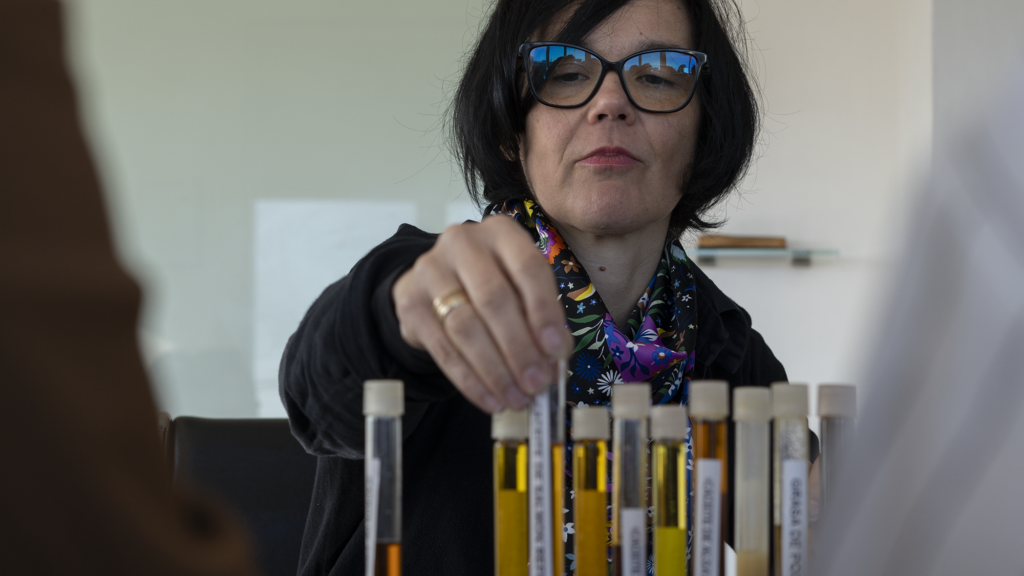
Innocon, a leader in solutions and innovation for the aquaculture industry, has made significant progress in the project that frames the development of oral vaccines for salmon farming, with a special focus on the prevention of Salmon Rickettsial Septicemia (SRS).
Colonel, September 14th 2023
This initiative would not only improve the health of salmon but would also reduce the economic losses associated with this disease, opening new possibilities for more efficient and sustainable production.
SRS is a bacterial disease that has posed a significant challenge to the salmon industry for years. It affects fish in their culture phase in the sea, causing significant losses and concerns regarding the use of antibiotics and their consequent environmental impact. The need to address this disease effectively is crucial for the long-term continuity of the aquaculture industry in a sustainable manner.
The Innocon Oral Vaccine Project
Innocon’s Microbiology and Molecular Biology team is at the forefront of oral vaccine research and development for aquaculture. “Our current project focuses on creating an oral vaccine against SRS, but we are also designing that this technology can serve as a vehicle to prevent other diseases in the future. This broad vision seeks to address multiple health challenges efficiently and sustainably,” comments Milica Sevo, Head of Microbiology R&D at Innocon.
Jorge Sepúlveda, head of R&D Molecular Biology of the company, commented that: “We believe in the future of salmon farming and the potential that our oral vaccines could deliver to generate a more efficient industry concerned with its impacts. both in the preventive health of the fish, in the reduction of the use of antibiotics and in the care of the waters where they are farmed. We will continue to work tirelessly to make this vision a reality and keep Chile at the forefront of innovation in salmon production and care.”
The vaccine, which is currently in a validation stage of the platform to prevent SRS and other diseases, will allow the national salmon industry to be promoted more competitively on a global level. With the commitment to have this market-leading solution to benefit science and advances in aquaculture. “The tests carried out in recent months corroborate the potential of the technology in salmon farming, which will help not only the industry itself, but also the preservation of the aquatic ecosystem and the promotion of sustainable farming practices,” concluded Sepúlveda.

